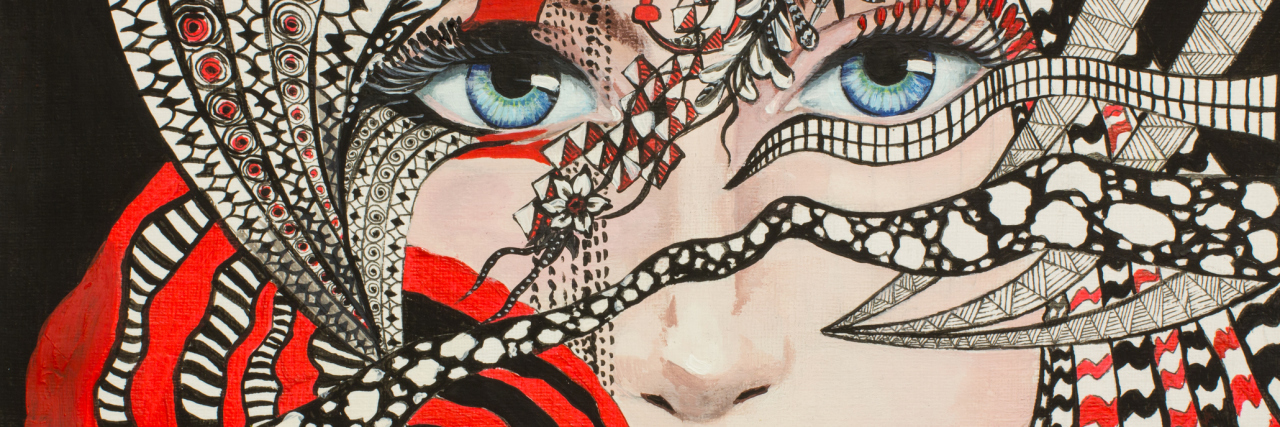I am a great believer in the practice of mindfulness meditation. I think it’s fantastic. There is a very simple concept that, for me, sums up why it is so great: “Pain is caused by look back at what happened, anxiety comes from looking forward. In this moment, neither the past or future matter.”
I love this. Sometimes when I have an upcoming hospital appointment, I start to get anxious. Maybe it is three days away. Is worrying about that going to help me? Of course not! It will only ruin today. I will see if there is anything I can do today that might make it easier for me then, but otherwise, I’d rather have a good three days and face the appointment on the day.
I’m not going to pretend I get this right every time, but certainly through the practice of mindfulness, I am getting better. If the thing I am worrying about does not matter in the present moment, I will try not to worry about it now.
There is something else that happens to me. Sometimes I have terrible anxiety attacks. I shake uncontrollably —I sometimes collapse. I lose the ability to speak. My head becomes so clouded that it feels as if a hundred voices are all screaming at once. I find myself unable to hear what people are saying to me or the English language ceases to have any meaning. I hyperventilate, which looks and feels like I just stopped breathing. My heart races, I feel sick and dizzy, sometimes I pass out.
I have clinical anxiety and sometimes this happens to me. I can’t tell you what I am afraid of. I’m not worried about anything. There is nothing coming up that I have to face or manage. There is no event that is frightening me.
I am not anxious about anything, but I am having an anxiety attack.
This is what it means to have clinical anxiety. It is not simply that I get anxious easily. It is not that I am worrying about some future event. In many ways, it is a present moment problem that is manifesting.
I have lived through an unusual amount of trauma in my life. Most people cannot contemplate the level of fear and anxiety that has been my constant companion. I spent years of my life, utterly unsafe. Being in a situation where I wasn’t safe was not simply something that might happen in the future, it was something that was happening to me and undoubtedly would continue.
Anxiety was my constant companion. I became hypervigilant. If I could anticipate the danger, I might be able to avoid it. I learned to notice every sound or movement, each one filling me with more fear, but also preparing me to endure or escape. I became constantly afraid. It was not an issue of “if” something bad was going to happen, but rather a matter of “when.” I lived in terror — fear and anxiety were my normal for many years.
Something happens when one is subjected to chronic, persistent fear and anxiety. For the average person, safety is the normal setting and anxiety is the occasional, unpleasant one. For those who have lived through persistent trauma, like myself, fear and anxiety are our normal setting. For so long, calmness and safety were rare or nonexistent, which means now it is an altogether unfamiliar feeling.
You see, sometimes I have an anxiety attack, but I am not anxious about anything. It feels horrible. I find myself terrified and often fearing for my life. Nothing is threatening me now, I am safe. Anxiety was my normal setting out of necessity for so long that it remains now — even when I have nothing to be anxious about.
So tell me, if I am not actually worrying about something, how do I not worry about it? What is the “it” that I’m supposed to stop worrying about?
Clinical anxiety is not being anxious about something. It is just being anxious. So please stop telling people with clinical anxiety to stop worrying. We’re not worrying, we’re experiencing our default setting. It took a long time to make that our default setting and it’ll take time to change that.
Getty Images photo via LanaBrest

